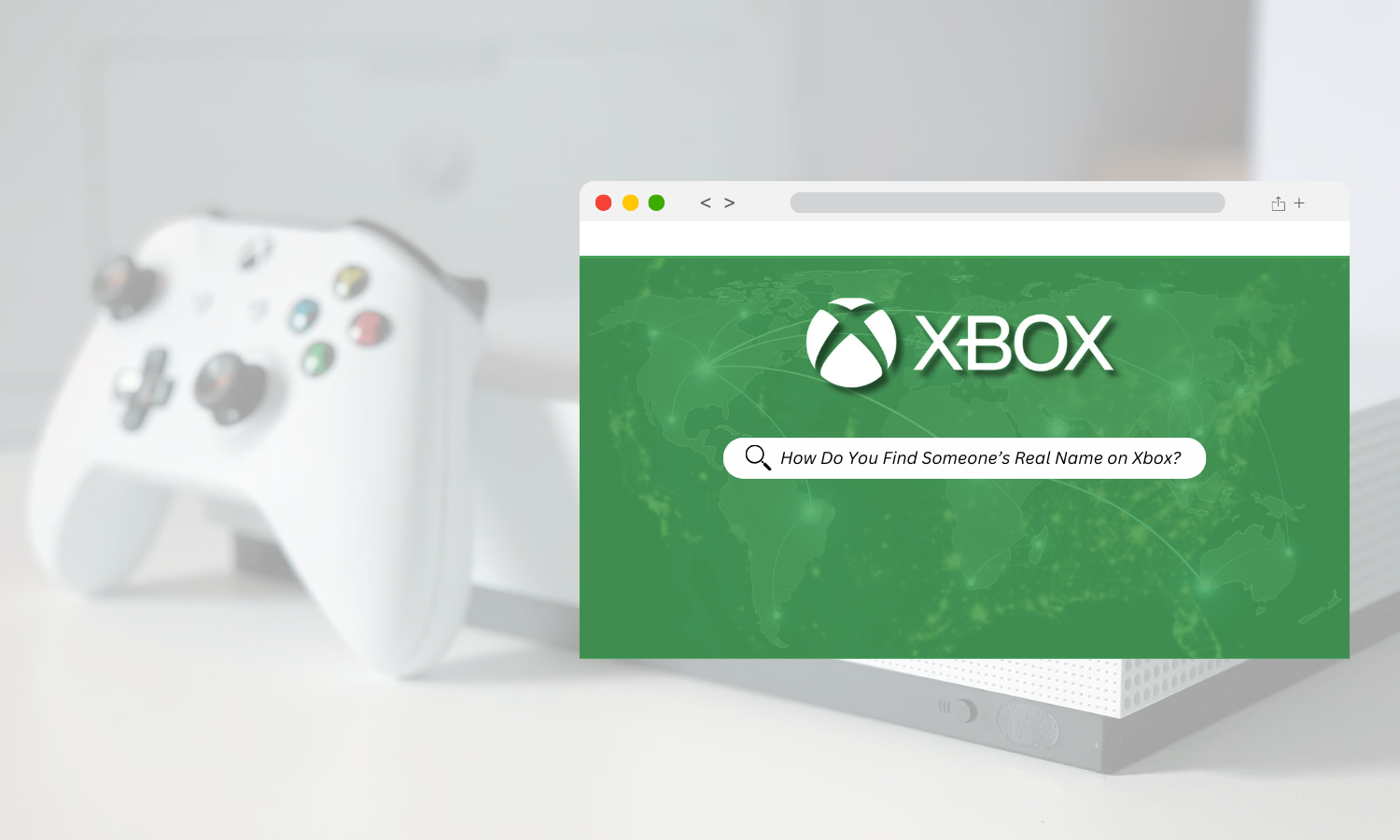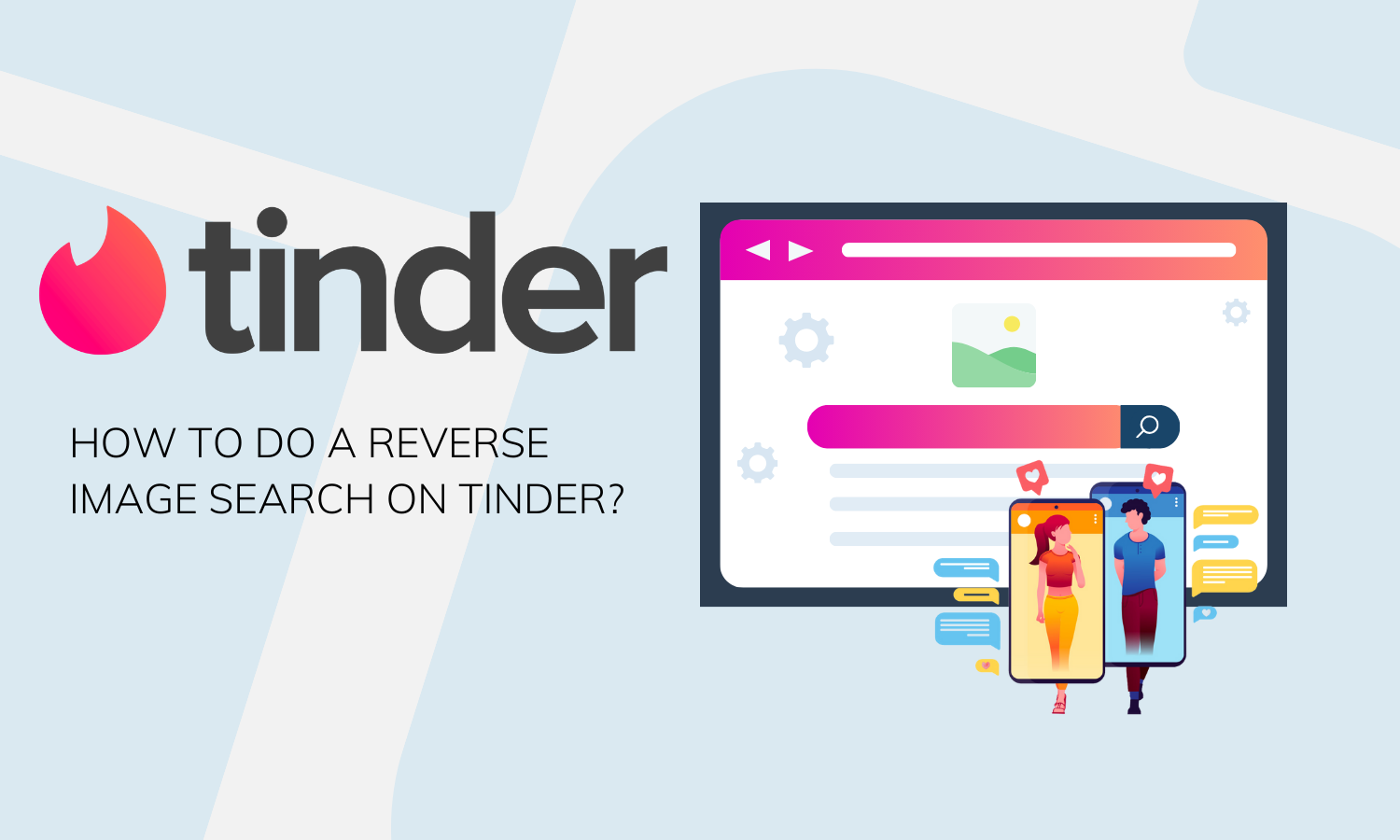

Updated · Jan 10, 2024
Updated · Jan 02, 2024
With a master's degree in telecommunications and over 15 years of working experience in telecommunic... | See full bio
Nowadays, most net-savvy users concerned about their online privacy use a Virtual Private Network (VPN) to hide their identity and online practices from prying eyes.
If you are in the market for such a service, you should ask yourself: Which VPNs do hackers use?” since their needs are much greater than the casual user’s.
We cover five such options below and tell you what makes them great!
When choosing a VPN provider, hackers only consider several essential factors, all of which contribute to maintaining absolute anonymity online:
You should look at a VPN provider’s other features, such as network speed, device coverage, and number of servers, only if it meets all of the above criteria.
The following list covers the best options that meet the requirements outlined above:
ExpressVPN has one of the biggest VPN server networks in the world, with a presence in over 90 countries, either with physical server locations or virtual servers that use an IP address in your chosen country while routing the traffic through a different one.
On top of that, this service is based in the British Virgin Islands—a privacy-friendly country without any data retention laws. Coupled with ExpressVPN’s zero-logs policy, you can rest assured your internet activities will never be revealed to anyone.
Other than that, you can expect almost all premium VPN features and options, including easy-to-use apps for all platforms, 24/7 live chat support, split tunneling, and the best encryption and tunneling protocols on the market.
Learn more about ExpressVPN and all it has to offer, from educational features to top-notch security additions, in our detailed ExpressVPN guide.
Rivaling ExpressVPN with more than 3200 servers in 100 countries and a slew of privacy features, such as private DNS, Kill Switch, and a no-logs policy, Surfshark offers a safe haven to any hacktivist who requires total privacy and data security.
In addition, Surfshark supplements their security with Camouflage Mode (hiding your VPN from your ISP) and NoBorders Mode (making Surfshark available worldwide).
However, this VPN service does not stop at offering excellent data protection, as it includes many more QoL (Quality of Life) elements, such as CleanWeb 2.0 (adware and malware blocker), the benefit of installing it on unlimited devices, and split tunneling.
Note that while Sutfshark uses the modern, sleek, and secure WireGuard VPN protocol by default, you can still opt-in for IKEv2 and OpenVPN.
Another VPN provider that offers all the essential features needed by hacktivists but with a ton of added functionalities is CyberGhost VPN.
For example, while strict no-logs policies, private DNS, and military-grade AES 256-bit encryption can be taken for granted when you subscribe to a premium VPN service, CyberGhost also heavily invests in the speed of their VPN network.
Even though VPNs tend to slow down your network, CyberGhost regularly optimizes and expands their server coverage intending to eliminate lag and buffering so users can game and stream as if encryption protocols did not burden their connection.
All in all, CyberGhost is easy to set up and use, and you’ll never have to worry about running out of data, falling prey to malware, or finding an adequate server.
Private Internet Access (PIA) is the only VPN provider on our list that is uniquely situated to adapt its services to U.S. customers since it is founded and based in Denver.
While you may think subscribing to a VPN service with operations in a 5 Eyes country is unwise since you may be spied on, PIA enforces a strict no-logs policy that makes it impossible for anyone to take hold of your data, regardless of any government coercion.
At the end of the day, if you engage in hacktivism, you need a VPN network that you can rely on for all your security and privacy needs. PIA offers that in heaps: world-class VPN protocols, advanced split-tunneling, secure Kill Switch, and much more.
Best of all, PIA relies on open-source transparency with publicly available code that can be scrutinized and verified by anyone, thus reducing the risk of vulnerabilities.
Last but not least, we have NordVPN—a Panama-based VPN service that operates in a country outside of the 14 Eyes alliance and with no data-retention laws.
Other than that, NordVPN employs the full suite of top-tier security features like all other entries on our list but adds a bunch of cherries on top.
For example, you can utilize their Meshnet feature to connect your devices over individual private tunnels without going through a VPN server.
To boot, you get advanced threat protection solutions, a Dark Web Monitor service that informs you if your accounts get leaked and compromised, and access to Double VPN servers for another encryption layer and extra peace of mind.
The first rule of hacking is to always stay safe, secure, and anonymous while participating in questionable internet activities. The best tool for that purpose is a top-tier VPN service with a no-logs policy, excellent encryption, and a Kill Switch Feature. Thankfully, every entry on our list is more than adequate for any kind of online operation.
Depends on whether or not your VPN provider offers a no-logs policy. For instance, most premium VPN services will never collect anything transmitted over your connection; therefore, they won’t have anything to share with the police even if compelled to do so.
In the very unlikely case that such a hack happens, your personal data and online activity may be collected by third-party intruders. That said, hacking a premium VPN service nearly impossible since they employ high-security protocols and AES 256-bit encryption.
No need to wonder which VPNs do hackers use when they don’t have the money for a premium option since the answer is: none. The main requirement for this type of work is a top-notch traceless VPN connection, and all free options collect data to a certain degree.
Your email address will not be published.
Updated · Jan 10, 2024
Updated · Jan 09, 2024
Updated · Jan 05, 2024
Updated · Jan 03, 2024




